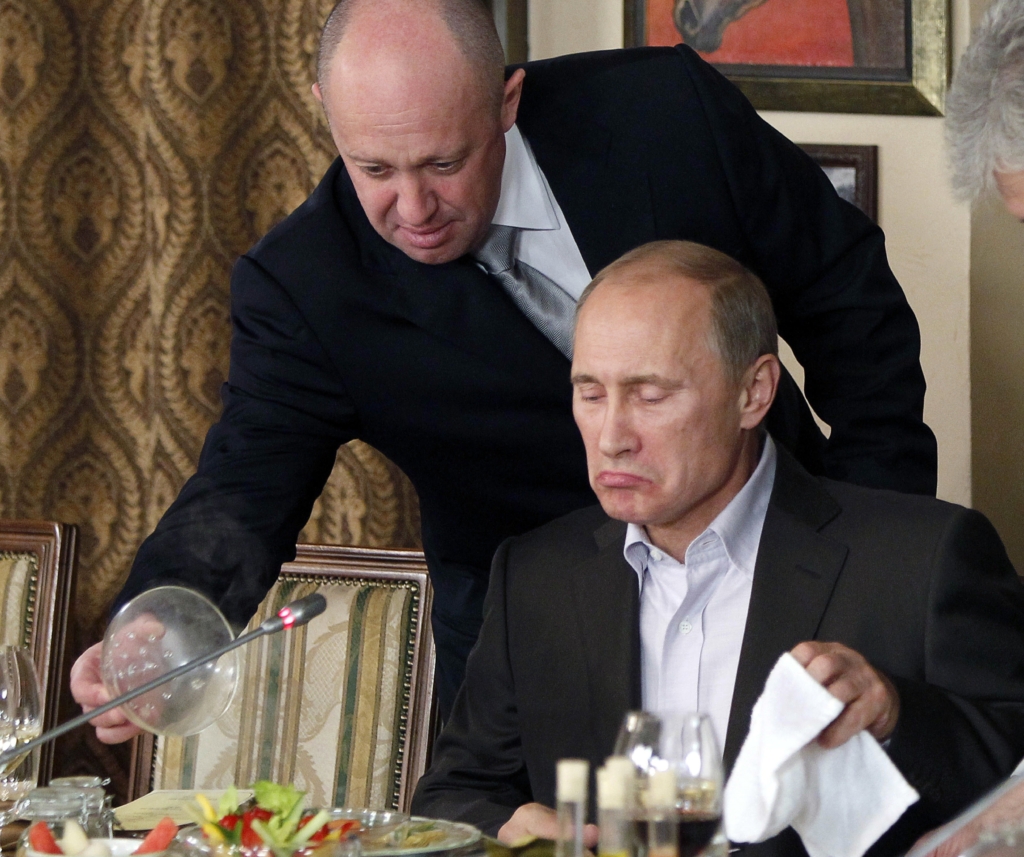The post-Berlin Wall era has come to an end, and something entirely new is beginning to unfold. The Trump-Zelensky Oval Office meeting on February 28th—in all its blunt, transactional brutality—laid bare how the once self-evident pillars of transatlanticism, upheld for nearly 80 years, are no longer immutable truths. What was once an unshakable framework of alliances and shared values was suddenly exposed as contingent, subject to the whims of power and political expediency. But one thing is certain in all this upheaval: in the eyes of the US and Russian presidents, Europe’s significance is diminishing.
In such radical circumstances—when geopolitical shifts also bring a re-evaluation of values—the most crucial thing is to find order in chaos; and to hear, as Nate Silver puts it, the signal amid the noise.
Two things inspire my thoughts on this matter.
First, in recent years ECFR council meetings have all featured Trump-aligned Republican speakers. They rarely agreed with the rest of the panellists on anything, except for one issue: no matter who sat in the Oval Office after Joe Biden, their Archimedean point would be to stop China’s rise. Biden would be the last in the line of US presidents whose cold-war instincts placed Europe high up on their list of strategic priorities. Trump is already doling out an extreme version of this shift, in what his administration seems to think is the “reverse Kissinger move”. This time, it looks like the idea is to separate Russia from China and craft a modus vivendi in which Russia can be integrated with the American side. The rhetoric may shift in a post-Trump world, but the core strategic priority—containing China—will likely remain unchanged.
Trump is already doling out an extreme version of this shift, in what his administration seems to think is the “reverse Kissinger move”
Second, for the past 15 years I’ve observed from inside Hungary how Viktor Orban’s vision of Europe has evolved. This now echoes strongly in how Trump (and Putin) handle the EU. Orban’s entire political strategy is rooted in a Leninist notion of parliamentary democracy. That is, the Hungarian prime minister sees the EU as embodying slow decision-making; pretentious and detached ideals; weak and hesitant bureaucrats sipping coffee in their gilded offices, who represent the false ideas of a registered global order. Here, Orban the self-styled “streetfighter”, unbound by such “fake values”, can easily outmanoeuvre, divide and outwit these structures. Trump and Putin also approach the EU with a “streetfighter” mindset—simply because they can.
Europeans’ outrage is understandable. But the irrelevance of Europe in the eyes of the US and the belligerence of Orban, Putin and Trump could pave the way for real change. If it is true that Winston Churchill once said, “never let a good crisis go to waste”, then this is truly a great crisis. With its 450 million citizens and a GDP at least 10 times larger than Russia’s, the EU is in far from the pitiful position Orban, Trump and Putin may want it to appear. Nor, in fact, do its values doom it to weakness and defeat—the bloc’s mere existence is proof of the potential contained within European cooperation.
But, since Europe can only show strength against Moscow—and on the global stage—if it acts as one, rather than as a collection of fragmented national interests, the EU’s priority should be to undertake significant institutional and decision-making reforms, dismantling the ineffective veto system. Economically, the bloc should embrace the “Draghi plan” to boost its productivity and competitiveness. In foreign policy, the EU needs unified representation and undisputed authority—that proverbial single phone line Henry Kissinger once lamented the absence of.
In terms of security, the fact that many European leaders accepted the British prime minister Keir Starmer’s invitation to work together is a promising sign—a step in the right direction. But given the gravity of the moment, it’s equally clear that photo ops and declarations will not suffice. Without substantive changes, a “coalition of the willing” with the EU’s neighbour remains little more than a morally commendable yet politically hollow gesture. The EU also needs to move forward with armament programmes and establish some form of credible joint army of its own.
If EU leaders fail—or refuse—to choose this path, and instead succumb to former Trump adviser Steve Bannon’s “flood the zone with shit” strategy, failing to separate signal from noise, then the bloc could become a historical oddity, a curious Disneyland, where American, Russian, and Chinese tourists will stroll to marvel at how once-strong nations used to live and build.
But Europe is not there yet: this crisis may have shut many doors, but it has cracked open a few as well.
The European Council on Foreign Relations does not take collective positions. ECFR publications only represent the views of their individual authors.
Source link










